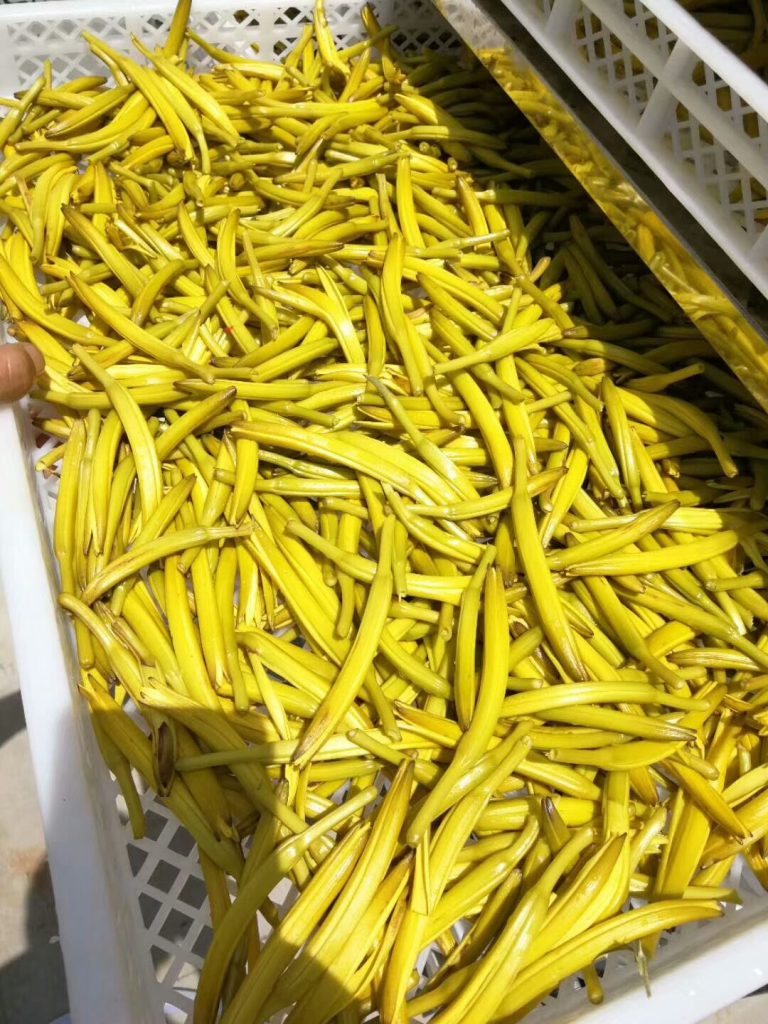The Advantages of industry drying machinery in Manufacturing Processes
The Advantages of Industry Drying Machinery in Manufacturing Processes
In the world of manufacturing, efficiency is key. Every step of the production process must be optimized to ensure that products are made quickly and cost-effectively. One area where efficiency can be greatly improved is in the drying process. Traditional methods of drying, such as air drying or sun drying, can be slow and unreliable. This is where industry drying machinery comes in.
Industry drying machinery, also known as belt type drier dehydrators, are specially designed machines that use a wire belt to transport materials through a drying chamber. These machines offer a number of advantages over traditional drying methods, making them an essential tool in many manufacturing processes.
One of the main advantages of industry drying machinery is its speed. Traditional drying methods can take hours or even days to fully dry materials. This can lead to bottlenecks in the production process and slow down overall output. With industry drying machinery, materials can be dried in a fraction of the time. The wire belt allows for continuous drying, meaning that materials can be constantly fed into the machine and dried at a rapid pace. This greatly increases productivity and allows for faster turnaround times.
Another advantage of industry drying machinery is its reliability. Traditional drying methods are often dependent on external factors such as weather conditions. If it is raining or humid, materials may not dry properly or may take longer to dry. This can lead to inconsistent results and a decrease in product quality. Industry drying machinery, on the other hand, is not affected by external factors. The drying chamber is controlled and regulated, ensuring that materials are dried at the optimal temperature and humidity level. This results in consistent and high-quality drying every time.
Industry drying machinery also offers greater control over the drying process. Traditional drying methods can be difficult to monitor and adjust. With industry drying machinery, the drying parameters can be easily controlled and adjusted to meet specific requirements. The temperature, humidity, and airflow can all be fine-tuned to ensure that materials are dried to the desired level. This level of control allows manufacturers to produce products with consistent moisture content, which is crucial in many industries.
Furthermore, industry drying machinery is highly efficient in terms of energy consumption. Traditional drying methods often require large amounts of energy, such as gas or electricity, to operate. This can result in high energy costs and a negative impact on the environment. Industry drying machinery, on the other hand, is designed to be energy-efficient. The drying chamber is insulated to minimize heat loss, and the machine is equipped with energy-saving features such as variable speed drives. This not only reduces energy consumption but also lowers operating costs for manufacturers.
In conclusion, industry drying machinery offers numerous advantages in manufacturing processes. Its speed, reliability, control, and energy efficiency make it an essential tool for many industries. By investing in industry drying machinery, manufacturers can improve productivity, ensure consistent product quality, and reduce operating costs. With these benefits, it is clear that industry drying machinery is a valuable asset in the world of manufacturing.

